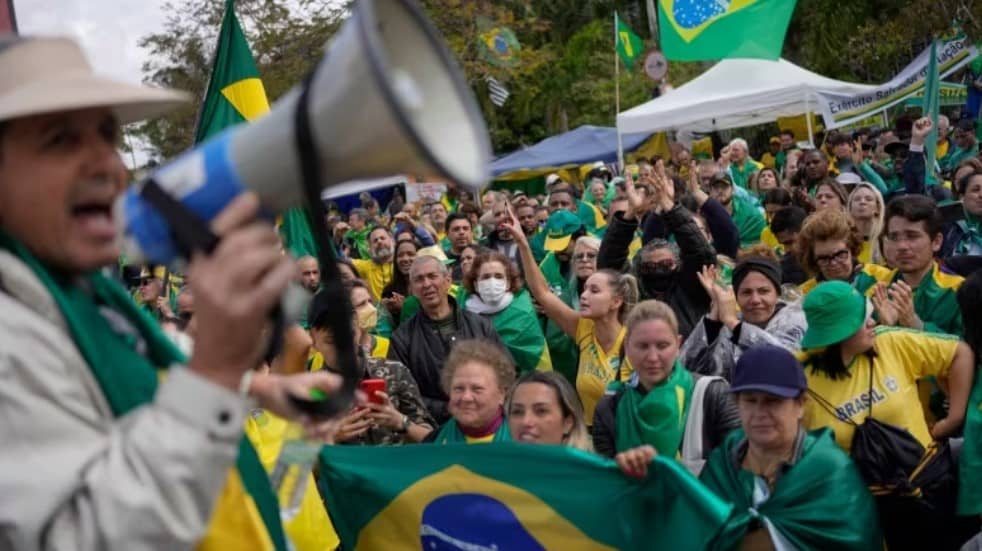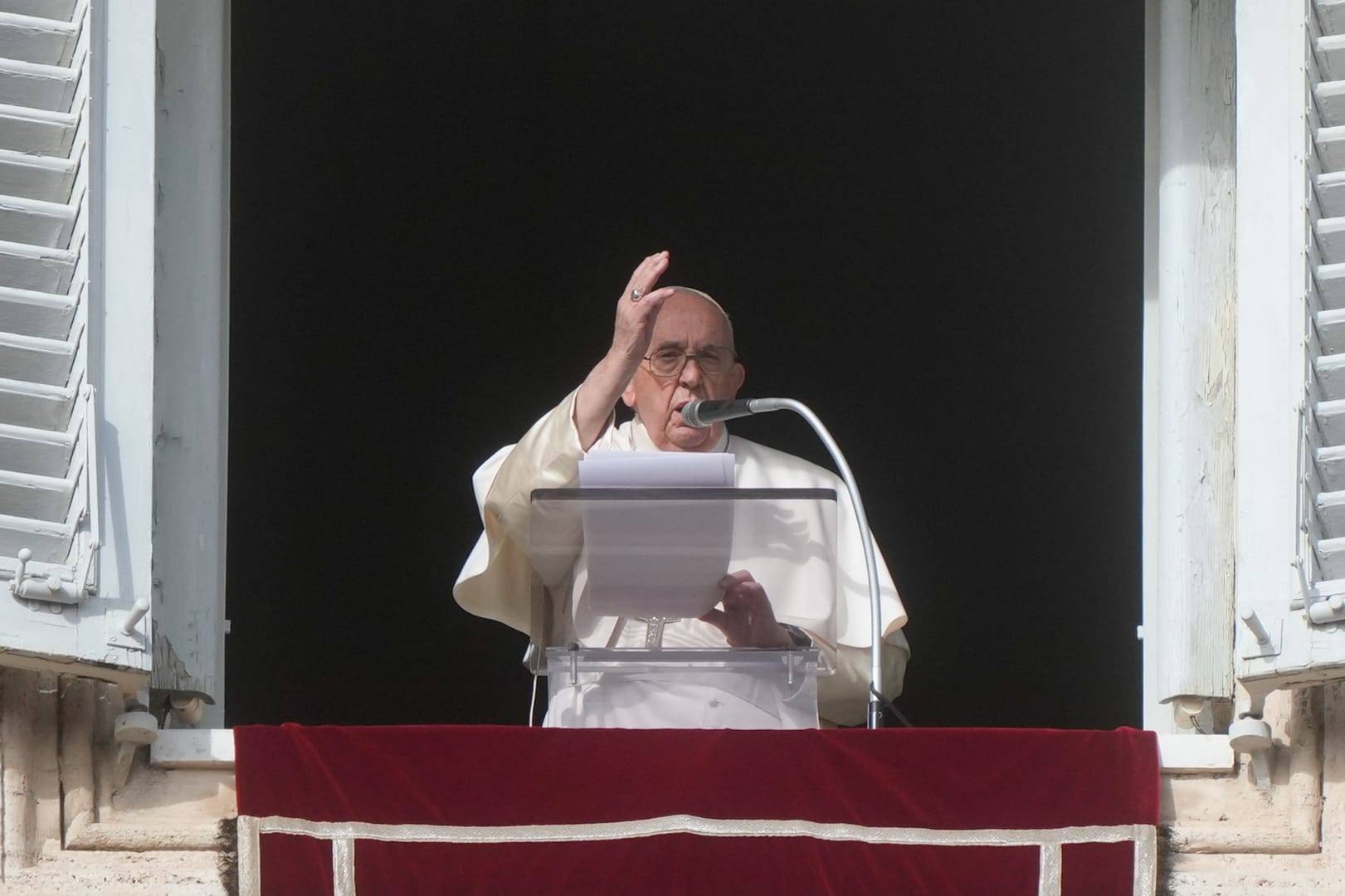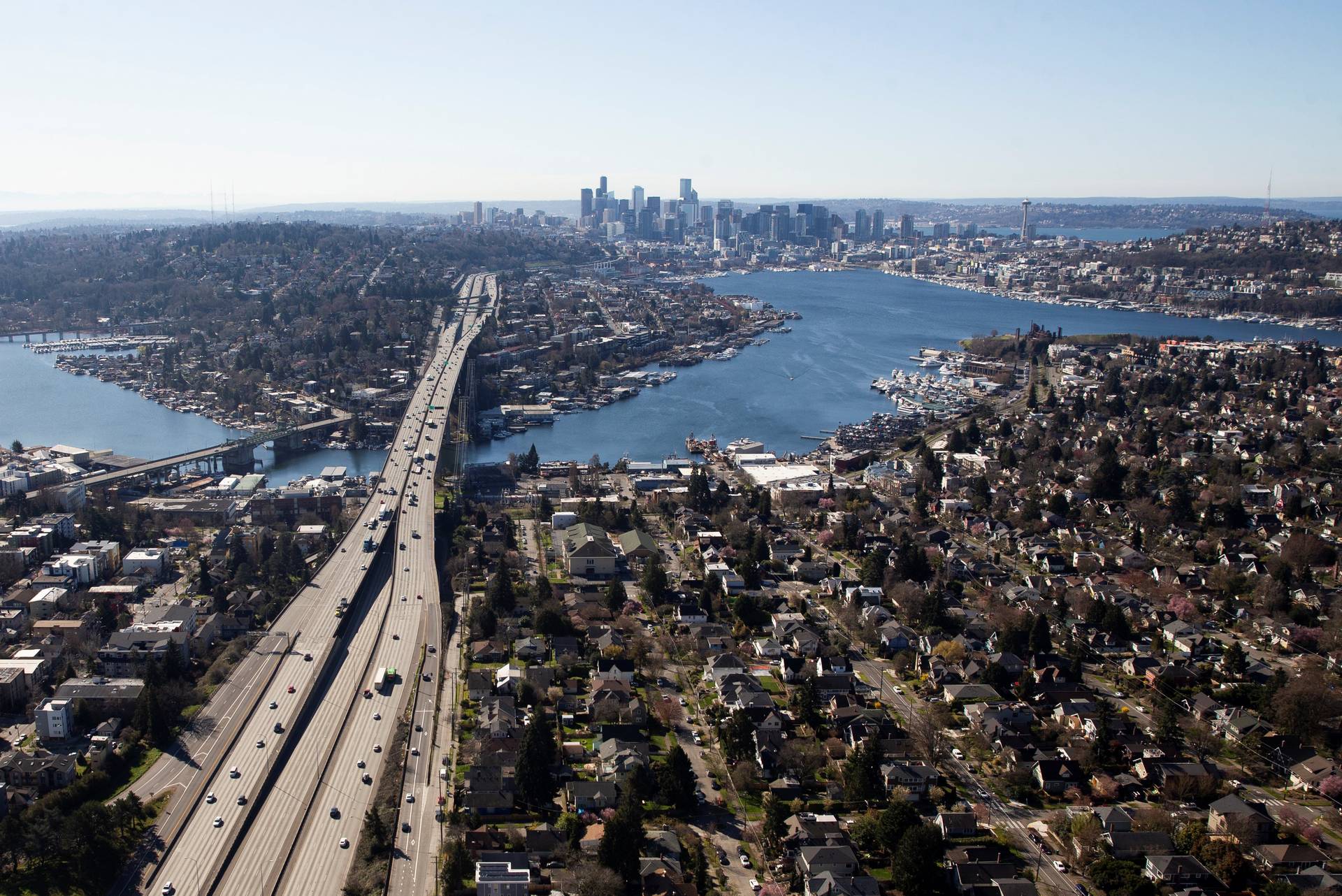MUMBAI, India – One of India’s leading bishops has called on education in the country to help bring about “a moral revolution with a renewed ethic of justice, responsibility and community.”
Cardinal Oswald Gracias, the Archbishop of Bombay, said, “Education should help people realize that national unity and integrity of the nation should be placed high above any divisive forces and sectarian interests.”
The cardinal’s words came after a series of incidents when Hindu nationalists tried to force their way into Catholic educational institutions in order to perform Hindu rituals.
Gracias – who also serves as a member of Pope Francis’s Council of Cardinals which advises the pontiff on the reform of the Curia – was giving the presidential address at the 9th International Conference of UNESCO and Cardinal Paul Poupard Chair for Inter-Religious and Inter-Cultural Dialogue at St. Andrew’s College in Mumbai.
He was speaking on ‘The Role of Education to Foster Religious Harmony’ and said education means “learning to dialogue with people with whom they have conflicting interests.”
Despite the fact Catholics make up less than 2 percent of the population, there are around 15,000 Catholic institutions of learning – including primary and secondary schools, colleges and universities, and technical schools – in India, and the majority of the students are not Christian.
RELATED: Nationalists demand prayers to Hindu deity at Catholic college in India
Recently, members of Hindu nationalist societies affiliated with the ruling BJP party tried to force their way into two Catholic schools in the central state of Madhya Pradesh in order to conduct Hindu religious rituals.
RELATED: Another school in India under threat by Hindu nationalists
Although the nationalists were prevented from entering the grounds by the police, the disturbances are a symptom of the growing unease religious minorities are feeling under the rule of the Hindu nationalist party.
Bishop Theodore Mascarenhas, the new General Secretary of the Indian Bishops’ Conference, said Catholic educational institutions were being increasingly targeted by Hindu nationalist student groups.
Gracias did not specifically mention the incidents in Madhya Pradesh, but he did name some existing challenges to national integration: “They include brutality, violence, casteism, communalism, regionalism, fanaticism, religious intolerance, social and economic disparity and the vested interests of some people,” he said.
“People everywhere are asking the question whether peace can ever be achieved in our planet,” Gracias said. “There is so much conflict and violence taking place in different parts of the world today, that it appears as though disputes, confrontations, riots, terrorism, attacks and war has become part of our human existence.”
The cardinal said society needs a “moral revolution” with a renewed ethic of justice, responsibility and community.
“The universal moral law written on the human heart is precisely that kind of grammar which the world needs. And the basis of this grammar is the formation of our societal conscience which instructs us that all human beings are brothers and sisters, coming from the same stock and having equal dignity,” he said.
Gracias said what the world needs most today is a spirit of reconciliation, and this can only come about when we learn to treat each other as brothers and sisters and recognize our shared vocation as children of God.
“The pursuit of reconciliation, peace and human development can become more effective if we invite and involve people of all religions to collaborate with one another and work together in dialogue with one another to build bridges of understanding and promote respect for human life everywhere,” the cardinal continued. “This process of education for reconciliation, which is so essential to heal wounds of division and bring about peace, should be made part of every value education program.”
Gracias noted the unique “multi-religious, multi-ethnic, multi-cultural and multi-linguistic” heritage of India.
RELATED: Indian cardinal urges upholding freedom of religion guarantees
The country is the birthplace of several religions, including Hinduism, Buddhism, Sikhism, and Jainism. There is also a large – over 14 percent – Muslim population, and although the number of Christians is small, they trace their roots back 2,000 years to St. Thomas, the apostle.
India also has several ethnic minorities, and 22 official languages, although hundreds of other are spoken in the country. The country is also divided by caste, the rigid class system which governs much of social life.
The cardinal said education has an important role to play in building the bonds of the country.
“Education must not only enlighten the minds and develop critical thinking but also touch the hearts of people. It must enable people to attain maturity on the personal, social, emotional, spiritual and moral aspects of their lives,” he said.
Gracias quoted the All India Catholic Education Policy, published in 2007, which affirmed that education to peace does not mean merely holding some peace-seminars: “It means earnestly working on the various forms of prejudice-reduction: Prejudices against persons of other castes, tribes, languages, political affiliations, ideologies and theological points of view, regions and religions…Education for peace includes teaching youth to deal respectfully with people of other convictions, cultures and civilizations.”
The cardinal said the policy affirms the need of Catholic institutions to contribute to the betterment of India and its people by sharing in nation-building.
“It advocates the essential social and societal transformation as a major goal and mission of our education and urges the formation of communities of solidarity, and of justice and equality, at the service of all people, especially the poor and the marginalized,” he said, adding that the Church has always shown its commitment to the building of a new society based on justice, peace, love and harmony: “A civilization of love.”
Gracias said teachers and students of every religion in Catholic schools must be encouraged to join the quest for peace “by examining our own readiness to forgive others and to be reconciled, and by making gestures of forgiveness and reconciliation.”
“Without peace between religions, peace in the world is not possible,” the cardinal said.
“Today, there is an urgent need, through our educational system, to foster the universal human virtues of reconciliation and mercy in order to dialogue with various cultures and religions and work together with them to bring peace in the world,” he said.
Gracias was part of a group of Catholic bishops that made a courtesy visit to Ram Nath Kovind, India’s new president, on August 24. The bishops spoke to the president about the work the Church does in the field of education in the country.
During the meeting, the president said he appreciated the work the Church does for the poor and the downtrodden and reminded them that while the whole world speaks of development, “spirituality in this development was also important.”
















